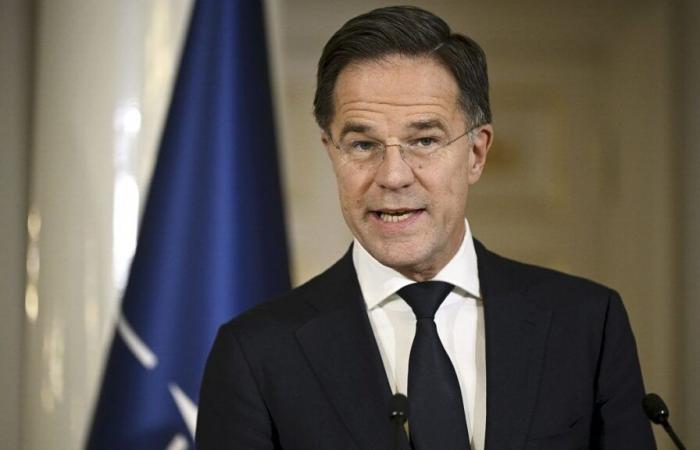NATO Secretary General Mark Rutte has pledged to send drones, frigates and aircraft to the region to counter what he calls a concerted campaign of “cyber attacks, assassination attempts and sabotage.
ADVERTISEMENT
NATO will strengthen its military presence in the Baltic Sea to protect critical infrastructure against sabotage attempts, the head of the transatlantic alliance announced at a summit in Helsinki on Tuesday.
Infrastructure protection “is of the utmost importance”says Mark Rutte, indicating that 95% of internet traffic is transferred via submarine cables and emphasizing the importance of energy transport via pipelines and gas pipelines.
In the last two months alone, a cable between Lithuania and Sweden, another between Germany and Finland and others between Estonia and Finland were damaged.
Investigations are ongoing, but the NATO Secretary General believes there is cause for serious concern.
“We have seen elements of a campaign to destabilize our societies through cyberattacks, assassination attempts and acts of sabotage”declares Mark Rutte, half-heartedly accusing Russia.
Fight against the Russian “ghost fleet”
NATO will step up its surveillance in the Baltic Sea with a small fleet of maritime drones, while an enhanced surveillance operation called “Baltic Sentry” will involve frigates and maritime patrol aircraft.
“We will respond decisively when critical infrastructure is threatened in our neighborhood. Their protection requires national and international action”declared Finnish President Alexander Stubb.
Leaders of NATO countries in the Baltic region also pledged to push forrigorous enforcement of the law, particularly regarding the shadow fleet of tankers used by Moscow to evade Western sanctions on oil sales.
“We must make full use of the possibilities offered by international law to take action against suspicious vessels”adds the Finnish leader.
Last month, Finnish police seized a tanker carrying Russian oil because they suspected the ship’s anchor had damaged the Estlink-2 power cable, which connects Finland and Estonia, on Christmas Day.
“Ship captains must understand that potential threats to our infrastructure will have consequences, including boarding, seizure and arrest”says Mark Rutte.
Send a “bold signal”
Ahead of the meeting, Latvian President Edgars Rinkēvičs said that monitoring was difficult in practice, as around 2,000 ships pass through the Baltic every day.
“Let’s be realistic, we can’t provide 100% protection, but if we send a bold signal, I think incidents like this will decrease or even stop.”Edgars Rinkēvičs told journalists in Helsinki.
Germany will also participate in the Baltic Sentry mission, Chancellor Olaf Scholz confirmed to journalists.
“We will participate with everything we have in terms of naval capabilities; this will vary depending on the concrete possibilities of deployment”he indicated.






